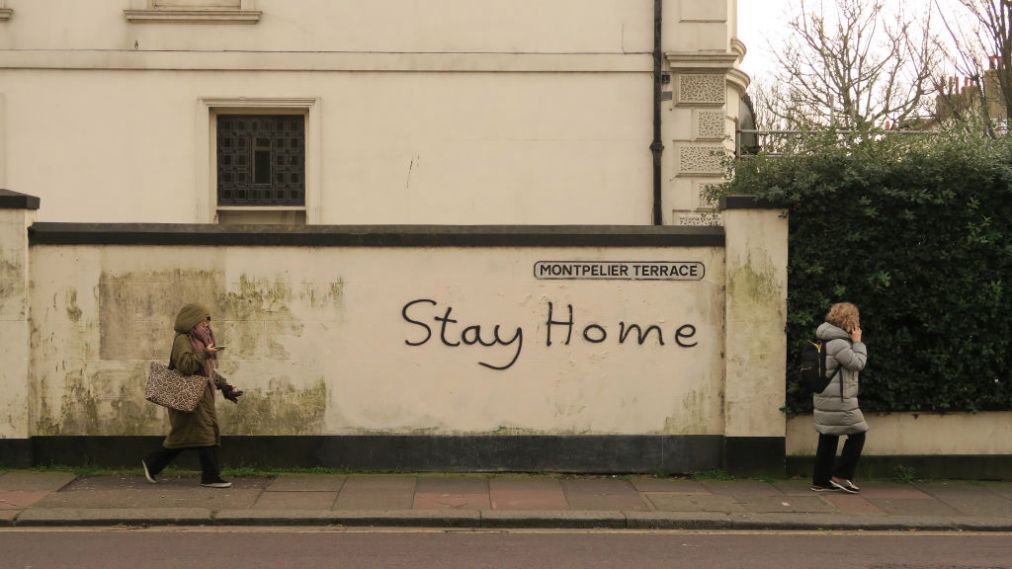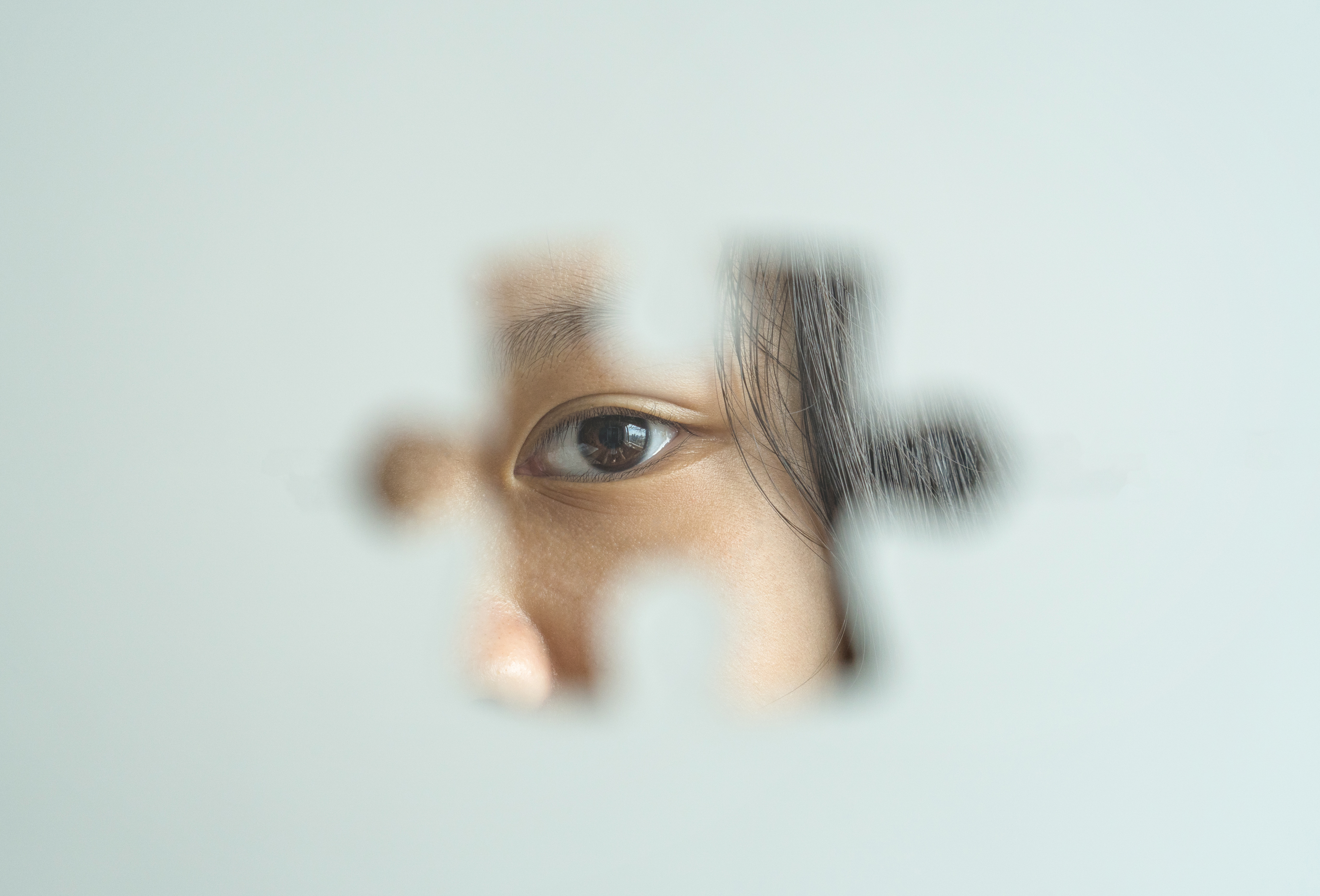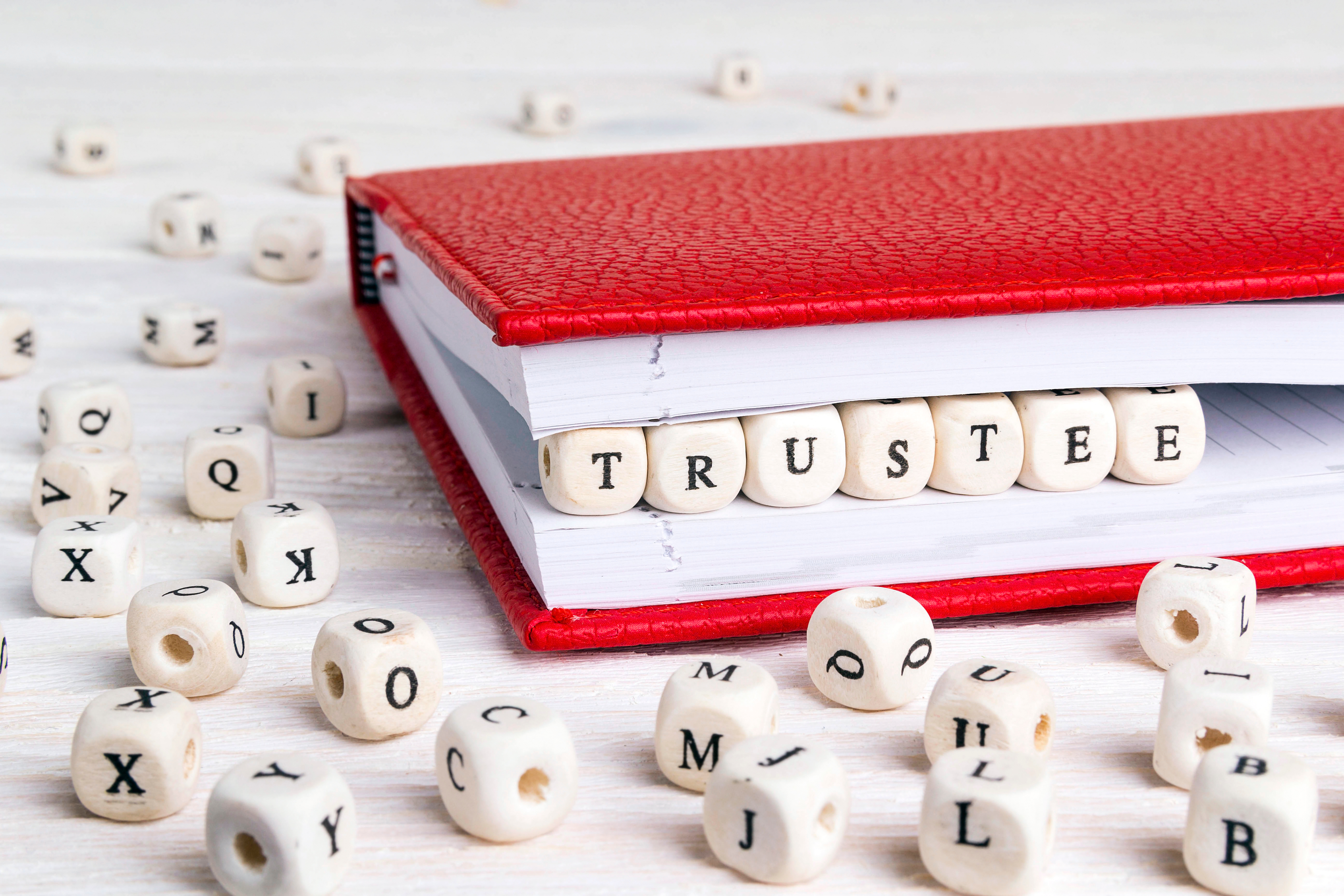
The message from the government is clear – stay home, save lives. We have been repeatedly told that staying at home will keep us safer. For most of us, this rings true and despite facing challenges on finding everyday essentials and missing our loved ones, we are slowly becoming accustomed to and sometimes even enjoying this new way of living as we enter our third week of lockdown.
Unfortunately, for women and children who are subject to domestic abuse, being confined to the home potentially poses more risks to personal safety than being outside. Home, for this group, is not a safe haven from germs and contagion but an imprisonment with a repeat perpetrator of violence and abuse. Over a five day period during the lockdown, there has been a surge of calls and online visits to the National Domestic Abuse Helpline. Evidence from China’s lockdown has also followed this pattern, with domestic violence cases rising threefold since the same period last year. In addition, those working to support survivors of domestic abuse – already working with severely stretched resources – are now facing significant additional impact from crisis and its response.
Our friends at Women’s Aid have outlined proposals to the government to address this issue as well as further problems faced by survivors, children and the providers of specialist refuge services, which we have summarised below:
- The Domestic Abuse Commissioner and Victims Commissioner to be involved at senior government virus response meetings
- A co-ordinated response for victims across all relevant departments with input sought from the specialist VAWG sector
- Clear guidance for survivors and sector professionals on protocol during the pandemic. This should be available in all languages and sign language to reach all demographics
- Suitable allowances and adjustments made to child contact agreements to ensure maximum safety for all parties during the pandemic
- Considerations on the use of remote hearings for domestic abuse during this lockdown period
- Ringfenced funding for specialist services for run by and for BAME, disabled and LGBT organisations for survivors
- A temporary ban on competitive tendering for domestic abuse services and a commitment to flexible funding for the sector in response to need
- National funding to increase the operating hours of the Women’s Aid Live Chat service
- Meet the Council of Europe’s recommendation for bed spaces per capita to ensure specialist services can increase capacity to meet demand
- Guarantee funding to ensure no forced closure of refuges and compensate refuges for loss of rental income during the pandemic
- Ensure safe operation of refuges by providing PPE to refuge staff
- Eliminate risks for those with no recourse to public funds by ensuring shelter for those with insecure immigration status
- Ensure local authorities are required to house survivors and deliver specialist support and that survivors of abuse are classed as a priority need
- Commit to long term funding for the VAWG sector
- Support from the police and wider criminal justice systems for survivors of abuse
- Maintain access to physical and mental health care for survivors
- Protection and support made available to survivors during the pandemic
- DWP to cease to benefit cap and two child tax credit limit, to deliver separate Universal Credit payments to adults within a household and remove the requirement for survivors to repay an advance and to increase local authority welfare assistance schemes
The full briefing from Women’s Aid is available here. Women’s Aid have also created a Covid-19 advice hub for survivors here.






